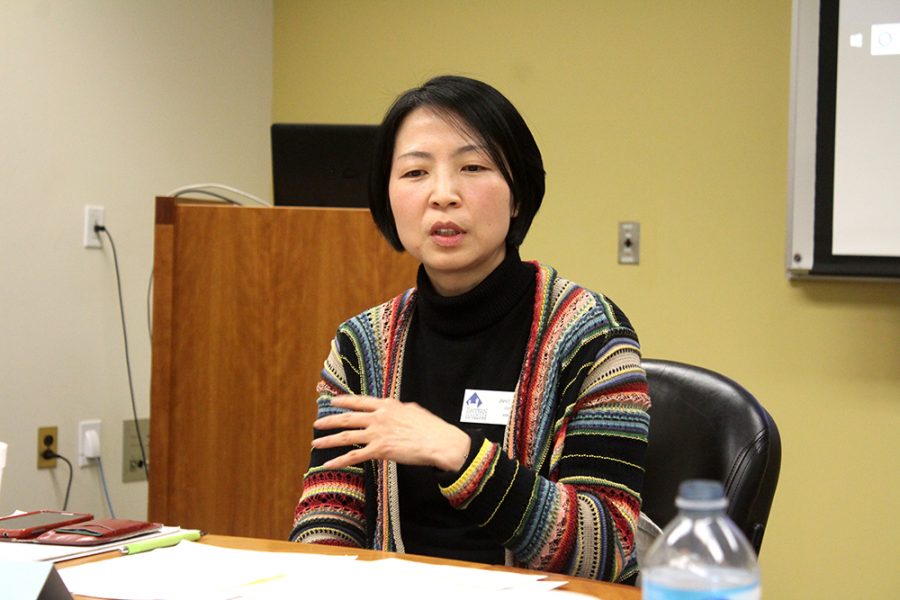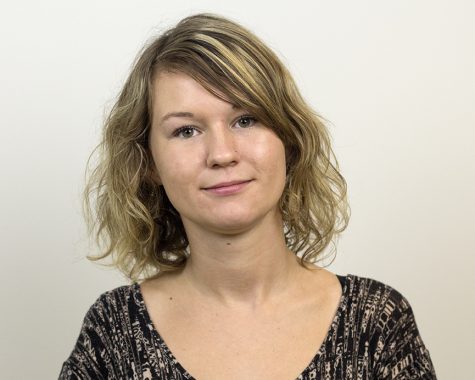Professors look at Trump’s policies in Middle East, East Asia
History professor Jinhee Lee discusses President Donald Trump’s involvement with North Korea at a panel inside of Booth Library Monday.
April 16, 2018
President Donald Trump’s policies concerning the Middle East and East Asia from nuclear weapons to the Trans-Pacific partnership were analyzed at a panel on Monday afternoon.
History professor Jinhee Lee discussed Trump’s involvement with North Korea and East Asia, history professor Brian Mann focused on Middle Eastern conflict and finance professor Candra Chahyadi focused on Trump’s economic foreign policies in China.
Lee said she supports Trump choosing to meet with Kim Jong-Un concerning his nuclear weapon program.
“I think the United States has a great opportunity as both Trump and Kim Jong-Un have great egos and want lots of credit but neither men want nuclear war,” Lee said.
Lee said she hopes Trump will take advantage of the fact that North Korea’s biggest fear is outside information.
She said North Korea always wanted to be treated as an equal member of the world but the United States always refused to acknowledge North Korea as a legitimate state.
“(Kim Jong-Un) wants to negotiate with the world as a key player to lessen economic pressures and strengthen his political position inside of North Korea by showing he’s respected enough to meet with someone as powerful as Trump,” Lee said.
She said North Korea is not ready to seek military action and that its position has been on offensive nuclear weapon development.
Lee said she hopes the regular populous is considered during Trump and Kim Jong-Un’s discussion.
“Leaders often fight but the victims are regular people,” she said.
Mann discussed the history of certain conflicts that have contributed to current tribulations in the Middle East that Trump has been involved in.
For instance, he said Qatar is small and un-developed so it was always partially controlled by Saudi Arabia but its starting to gain more influence as it develops its natural gas capabilities.
Then, Mann said in 2002 Saudi Arabia got ticked off at Qatar for emerging economically and decided to cut off diplomatic ties with the country.
Mann said Trump contributed to the conflict by tweeting against Qatar for being a radical state, even though Qatar regarded itself as an ally of the United States.
Last Friday, Trump attempted to punish the Bashar al-Assad regime in Syria for attacking civilians with chemical weapons by ordering missile strikes over chemical weapon bases.
Mann said the Assad regime has been killing civilian protesters with chemical weapons since 2011 during the “Arab Spring.”
“Personally I don’t think Trump’s missile strikes will stop anything because it has become Syrian strategy to terrorize civilians,” Mann said.
Chahyadi said although Trump’s policies may seem controversial, some of them may serve someone’s best interest, such as his decision to exit out of The Trans-Pacific Partnership.
He said China is trying to dominate the world using “cheap money.”
“On one hand I’m of Chinese descent and know they will do great things but we are also seeing more and more countries owing China debt and not being able to pay them back,” Chahyadi said.
“They are willing to sell products below cost. They say if I can’t beat you with technology, I’ll beat you with money. I will subsidize it and you will bleed,” Chahyadi said.
Chahyadi said he thinks the United States needs to be careful when issuing trade war like this because it could backfire.
The United States should try to create allies that may be affected by the Trade War as well, he said.
“You cannot have one dominant power in the world with no counter balance. The Chinese economy has grown a lot and will take over the United States pretty quickly,” Chahyadi said.
Olivia Swenson-Hultz can be reached at 581-2812 or omswensonhultz@eiu.edu.




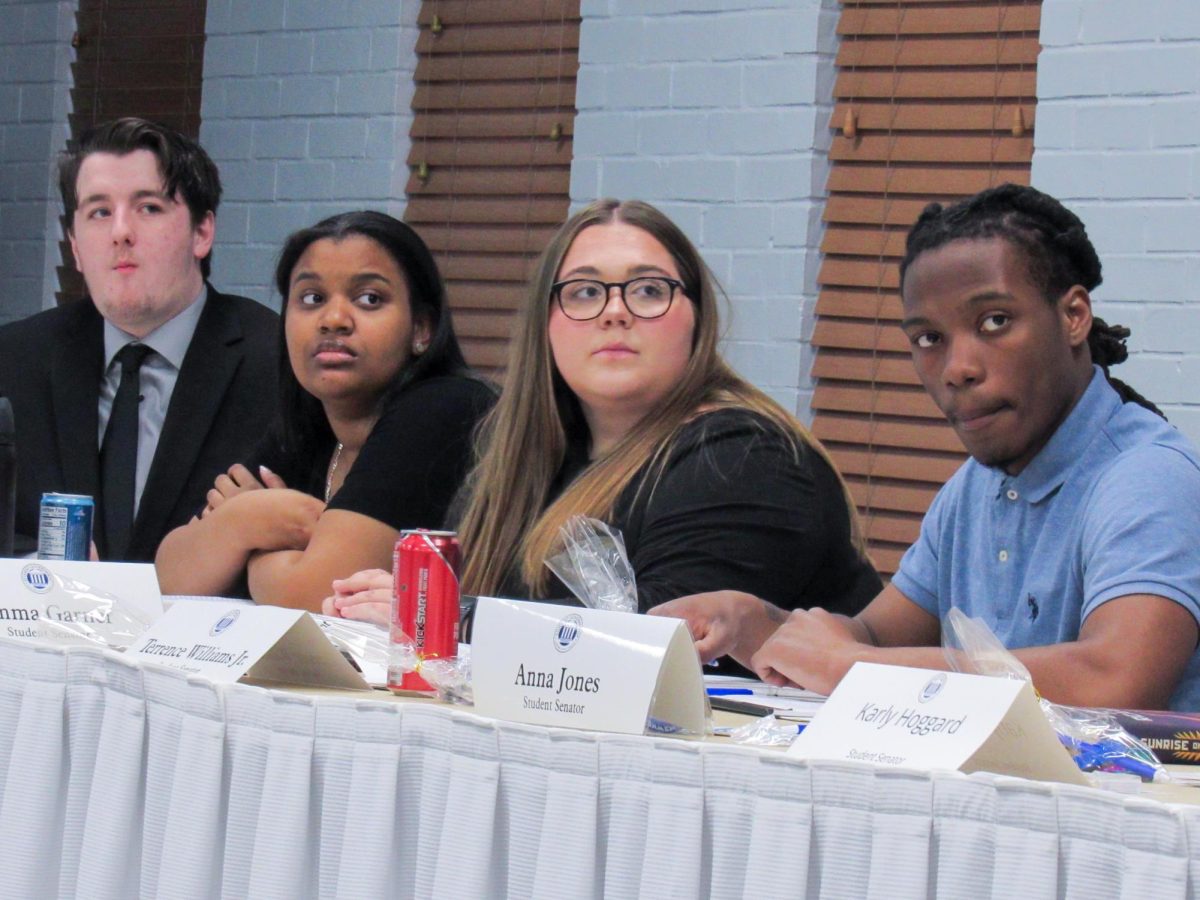
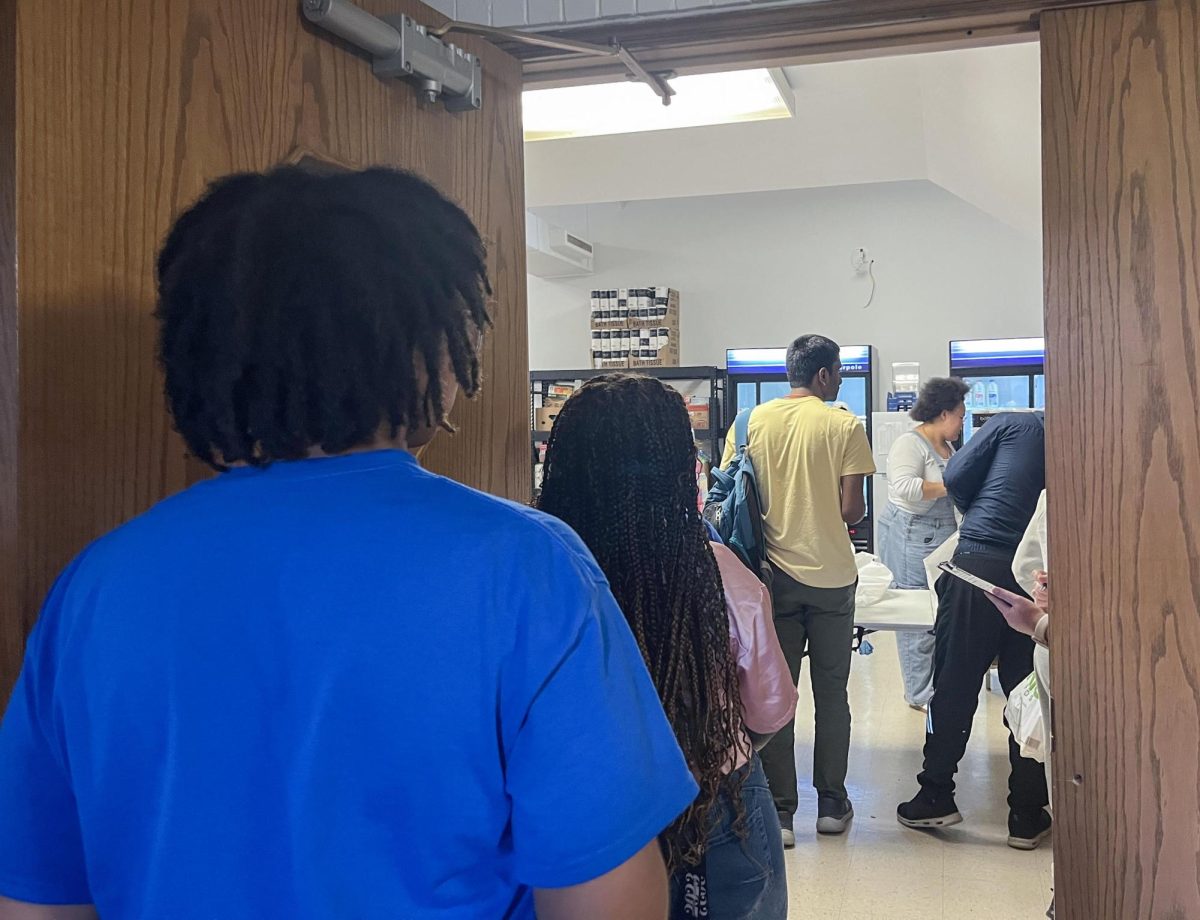


![[Thumbnail Edition] Senior Foward Macy McGlone, getsw the ball and gets the point during the first half of the game aginst Western Illinois University,, Eastern Illinois University Lost to Western Illinois University Thursday March 6 20205, 78-75 EIU lost making it the end of their season](https://www.dailyeasternnews.com/wp-content/uploads/2025/03/WBB_OVC_03_O-1-e1743361637111-1200x614.jpg)
![[Thumbnail Edition] Junior right-handed Pitcher Lukas Touma catches at the game against Bradley University Tuesday](https://www.dailyeasternnews.com/wp-content/uploads/2025/03/MBSN_14_O-e1743293284377-1200x670.jpg)
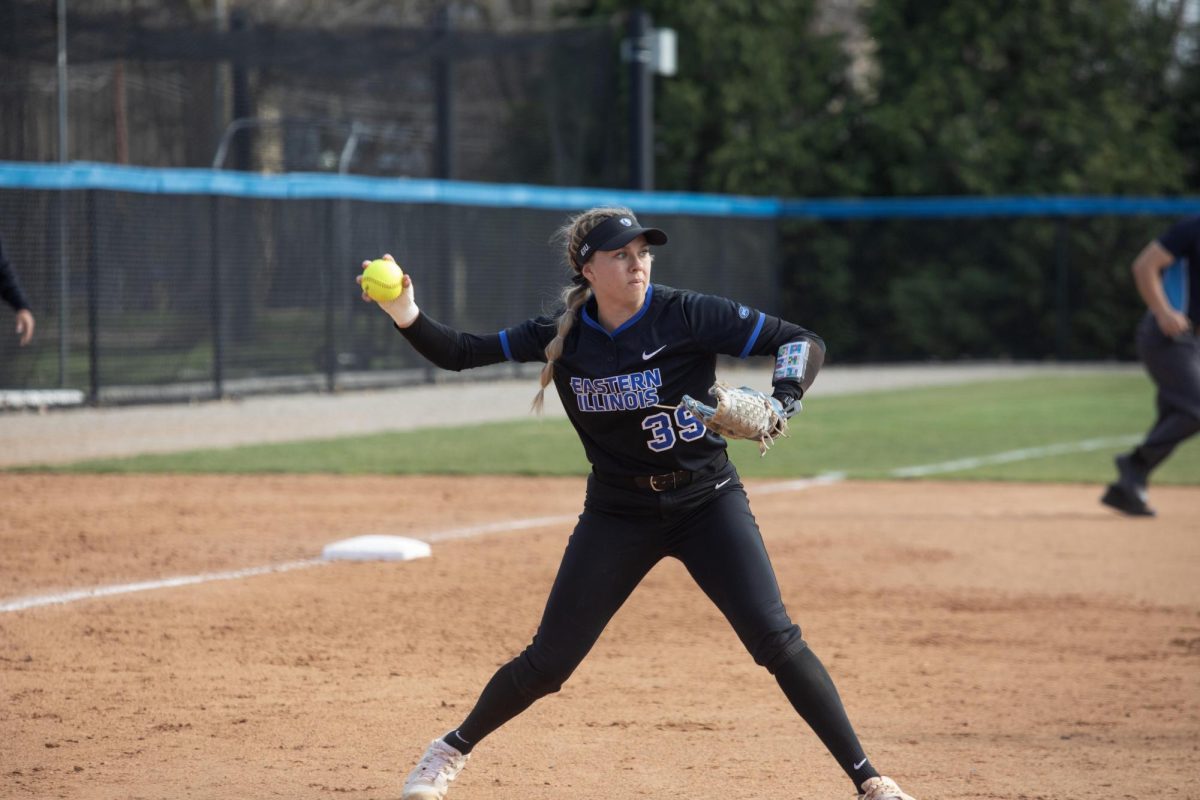

![[Thumbnail Edition] Eastern Illinois University baseball senior utility player Tyler Castro fields a ground ball during the team's first intrasquad scrimmage of the season on Jan. 31.](https://www.dailyeasternnews.com/wp-content/uploads/2025/03/BB_01_O-e1742874760130-1-e1742907504722-1200x911.jpg)
![[Thumbnail Edition] Senior tennis player Luisa Renovales Salazar hits the tennis ball with her racket at the Darling Courts at the Eastern Illinois University campus in Charleston, ILL.](https://www.dailyeasternnews.com/wp-content/uploads/2025/03/Tennis_01_O-1-e1741807434552-1200x670.jpg)





































![The Weeklings lead guitarist John Merjave [Left] and guitarist Bob Burger [Right] perform "I Am the Walrus" at The Weeklings Beatles Bash concert in the Dvorak Concert Hall on Saturday.](https://www.dailyeasternnews.com/wp-content/uploads/2025/03/WL_01_O-1200x900.jpg)
![The team listens as its captain Patience Cox [Number 25] lectures to them about what's appropriate to talk about through practice during "The Wolves" on Thursday, March 6, in the Black Box Theatre in the Doudna Fine Arts Center in Charleston, Ill.](https://www.dailyeasternnews.com/wp-content/uploads/2025/03/WolvesPre-12-1200x800.jpg)
















